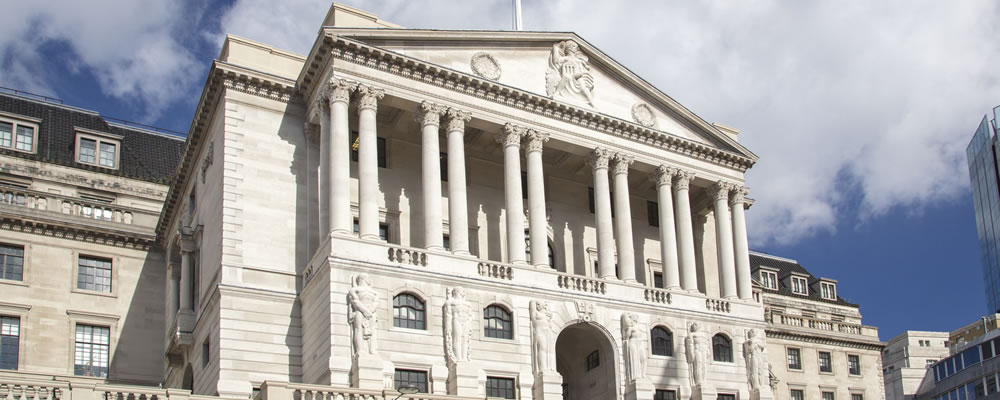With Brexit-based jitters limited the Pound has returned to a stronger footing against the Euro, although it may struggle to maintain its gains for long.
- Strong UK trade and production data boosted Pound – Confidence in domestic economy rallied
- UK inflation forecast to rise to 1.9% in January – GBP EUR exchange rate could extend gains in response
- Greek worries weighed on Euro once again – Hopes for an end to negotiation deadlock may boost Euro
- Positive European Commission growth forecasts failed to shore up EUR – Solid GDP figures predicted to benefit single currency
At the start of the week the Pound to Euro (GBP EUR) exchange rate is trending higher as the mood towards Sterling remained positive.
Investors are in an optimistic mood following the solid performance of last week’s trade and production figures, with January’s Consumer Price Index report ahead expected to show a further pick-up in inflation.
Forecasts point towards an uptick from 1.6% to 1.9% on the year; a strong showing which could encourage hopes that the Bank of England (BoE) might return to a monetary tightening bias in the nearer future.
As analysts at Natixis noted:
‘Inflation is expected to accelerate further, likely reaching 1.8% in January compared to 1.6% in December, boosted by food and energy base effects and currency pass-through.
‘Bad weather conditions in Spain causing food shortages and likely worsening of the skills crisis given government’s priority to control migration are set to add to price and cost pressures in the period ahead.’
However, while investors may be encouraged by signs of higher inflationary pressure in the short term any Pound bullishness could prove short-lived if Wednesday’s raft of employment and wage data proves disappointing.
If wages continue to grow at a slower pace this would suggest that consumers will see a greater squeeze in spending power over the coming months, which would be negative for the domestic economy and the Pound by extension.
Worries over the future of the Greek bailout have also helped the Pound to advance against the Euro, in spite of a European Commission report forecasting strong growth for the Eurozone in the next two years.
Although Commissioner Pierre Moscovici is set to visit Athens on Wednesday this has not been enough to diminish fears that creditors will be able to reach a satisfactory compromise with Greece in order to unlock its next tranche of bailout funds.
The GBP EUR exchange rate could extend its gains if talks fail to resolve the deadlock over European creditors’ refusal to consider granting any meaningful debt relief to the stricken Hellenic nation.
Any fresh suggestions of Grexit from key figures on either side of the negotiating table could prompt the Euro to slump sharply, given mounting concerns over the future of the currency union as a whole.
The fourth quarter German and Eurozone gross domestic product reports could encourage the single currency to rally more substantially, however, if these give weight to the EC’s bullish forecasts.



